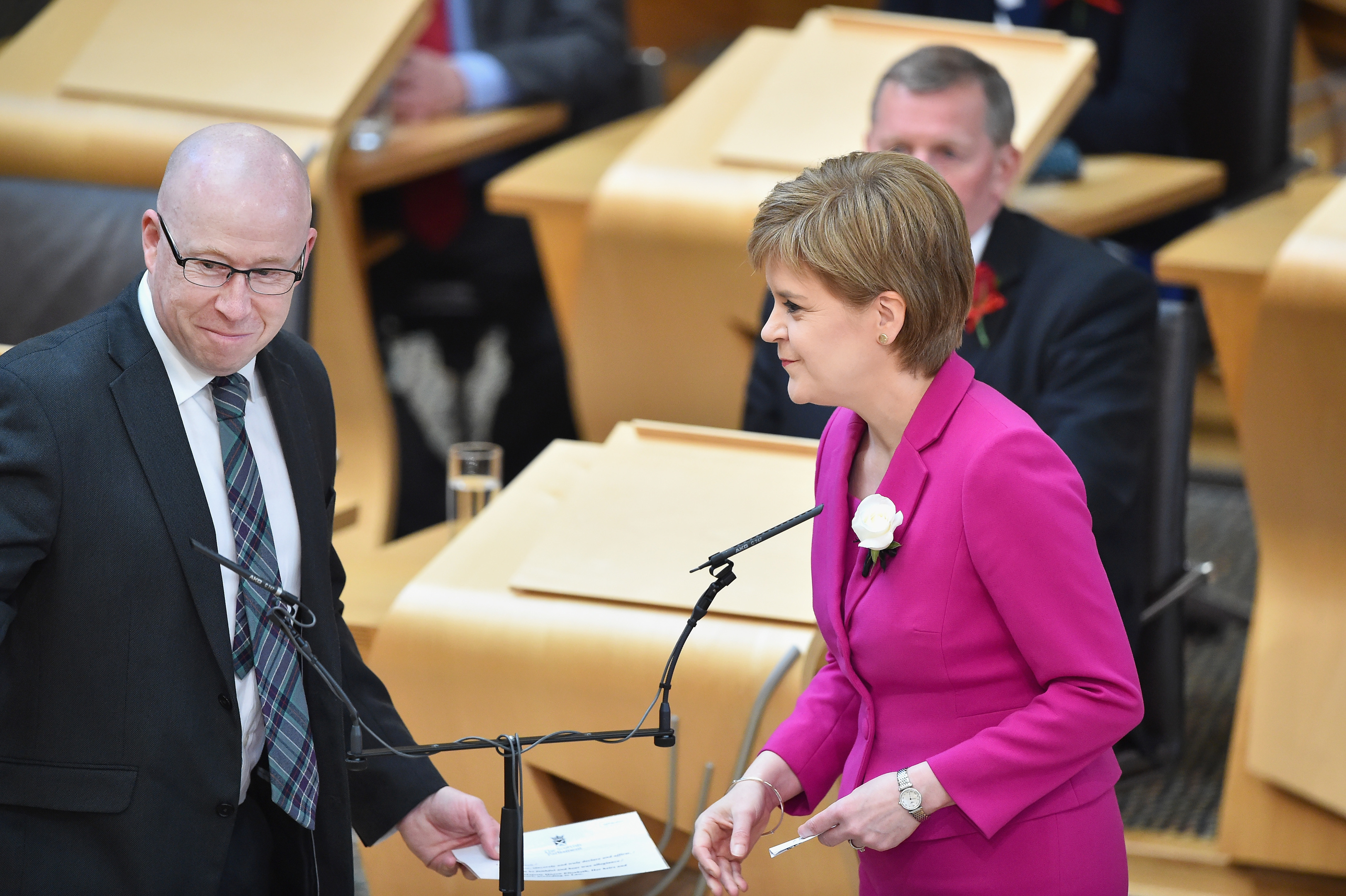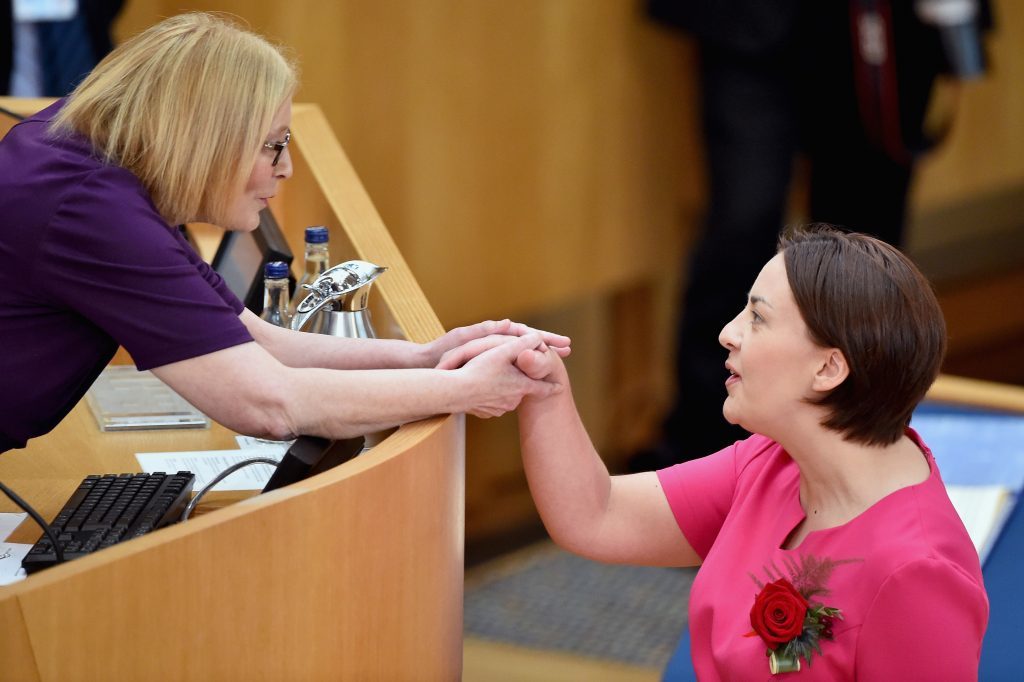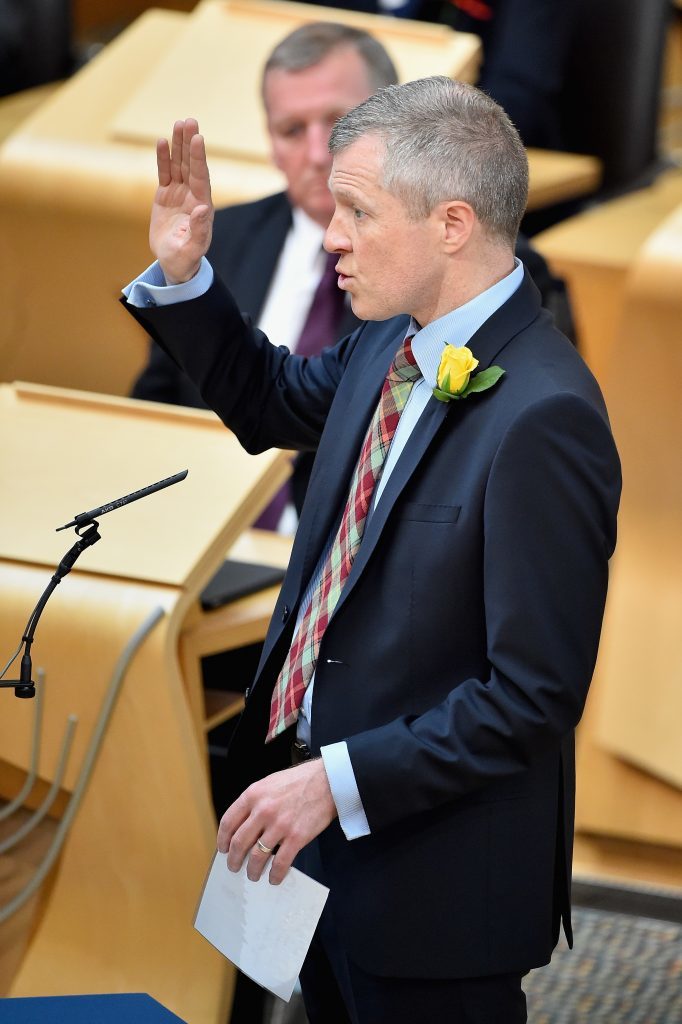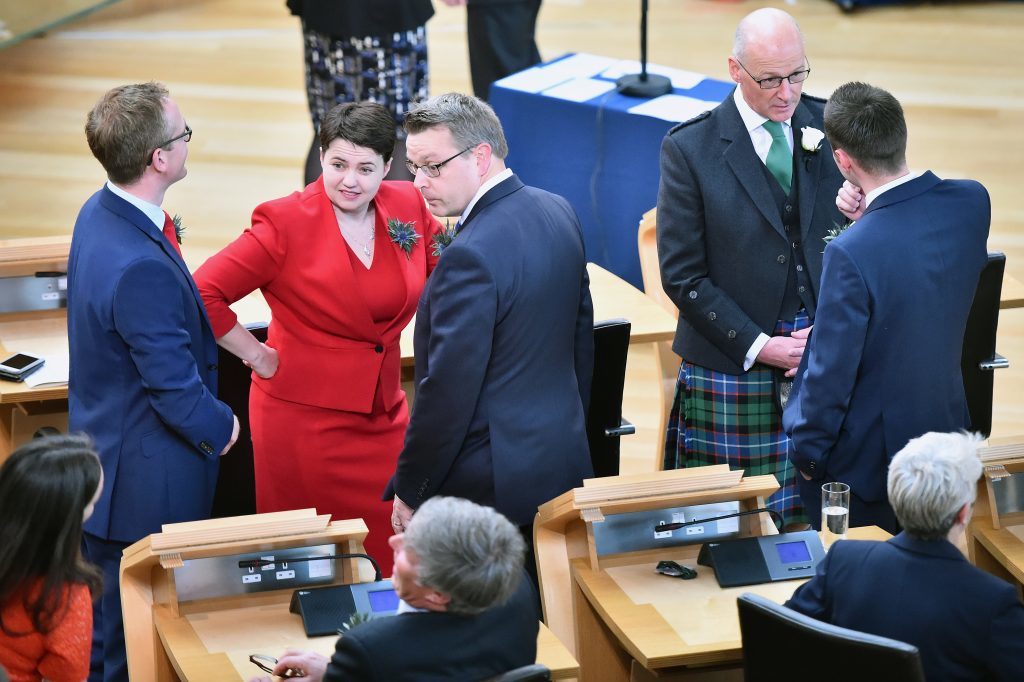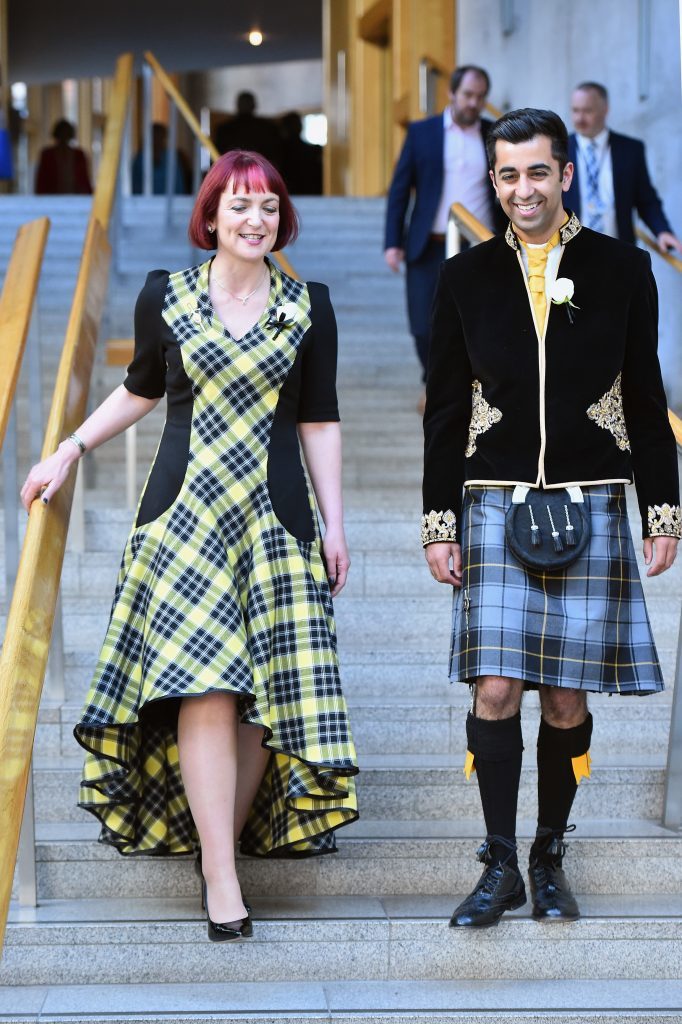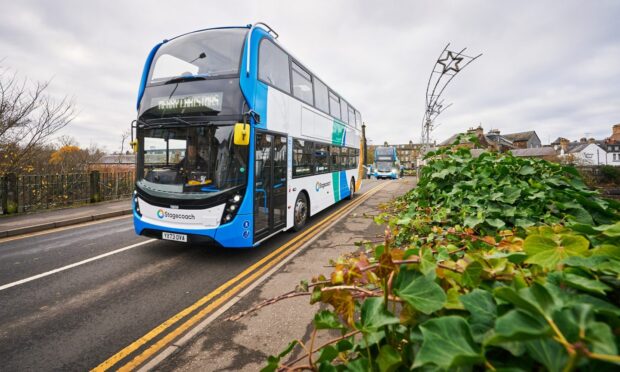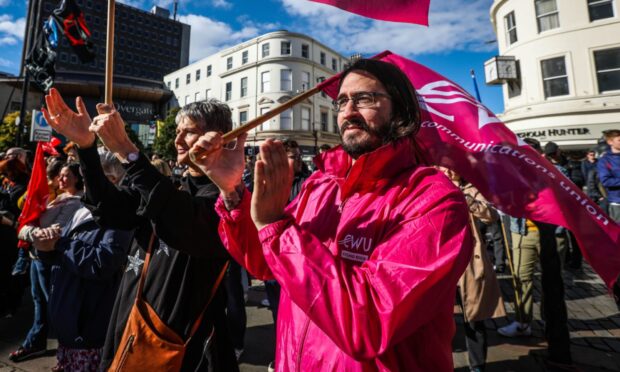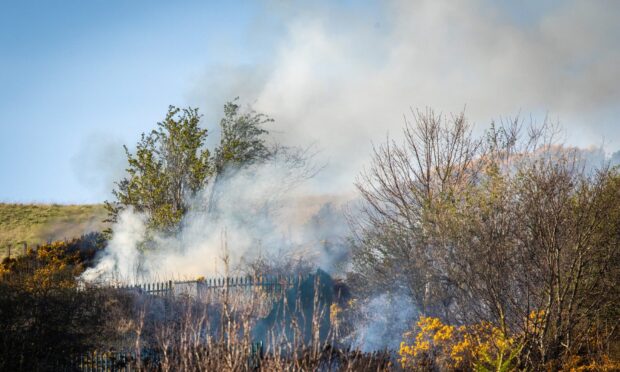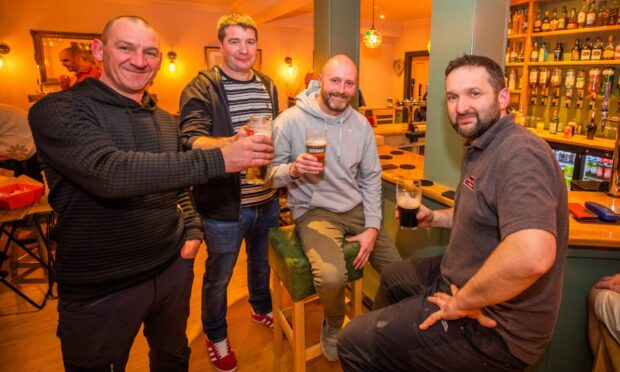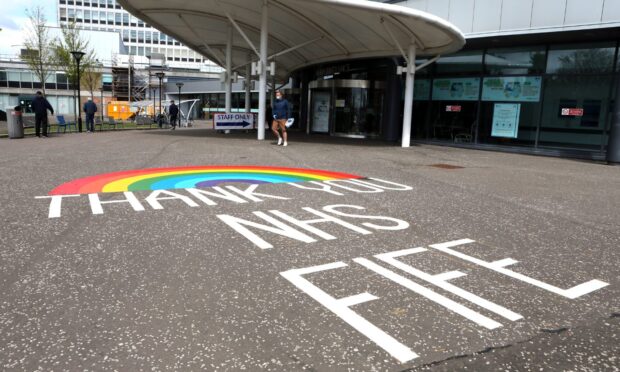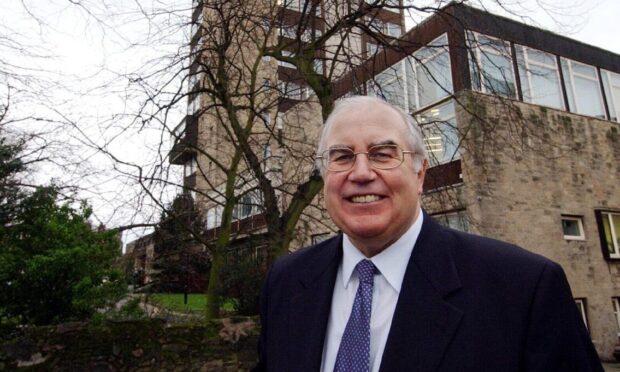Holyrood’s MSPs have been sworn in for the fifth session of the Scottish Parliament.
All 129 members took the oath or made a solemn affirmation in the parliament’s chamber, with outgoing presiding officer Tricia Marwick overseeing proceedings.
SNP leader Nicola Sturgeon was first to be sworn in, underlining her party’s “loyalty to the people of Scotland” and the “sovereignty of the people” before taking the affirmation.
She was followed by Scottish Conservative leader Ruth Davidson and Scottish Labour counterpart Kezia Dugdale.
Ms Davidson’s party took up the benches previously used by Labour, having become the second largest party with 31 seats.
Greens co-convener Patrick Harvie prefaced his affirmation – which includes swearing allegiance to the Queen – by highlighting his party’s support for an “elected head of state”.
Liberal Democrat leader Willie Rennie was sworn in wearing a large yellow rose on his lapel, while the Tories opted for thistles, Labour for red roses and the SNP the “white rose of Scotland”.
The rose was the subject of Hugh MacDiarmid poem The Little White Rose, and has been worn by SNP members as they are sworn in at Holyrood since 1999.
Party leaders were followed by MSPs in alphabetical order.
Several MSPs made their oaths in other languages as well as English, including Gaelic, Doric and Scots.
SNP MSP for Glasgow Pollok Humza Yousaf was the final member to be sworn in and he also took the oath in Urdu, reflecting his Pakistani heritage.
The first job for the new members is to elect a new presiding officer as Mrs Marwick is retiring.
The role is politically neutral with responsibilities including chairing sessions of parliament in Holyrood’s debating chamber and representing the parliament at home and abroad.
A number of high-profile MSPs are in the running for the position, with former Scottish Labour leader Johann Lamont among the first to announce her candidacy.
Labour MSPs Ken Macintosh and Elaine Smith and Conservative members Murdo Fraser and John Scott have also put themselves forward for the position.
